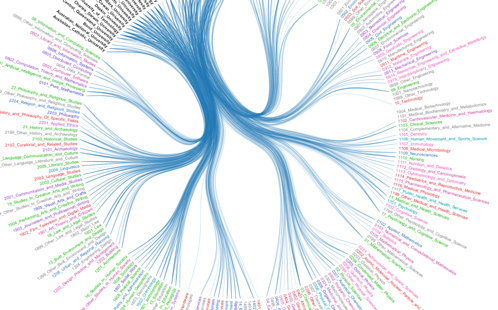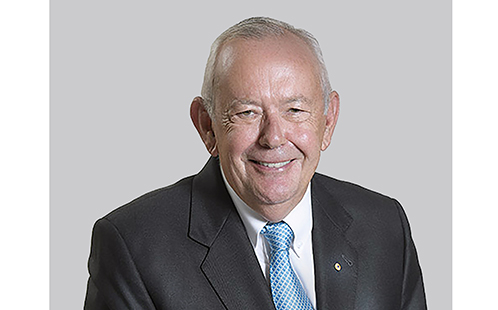Turning digital: Delights, dangers & drama

The rise of information technology and its impact on research and our understanding of human behaviour and the wider world will be discussed at an international conference (opens in a new window) at the University of Western Sydney.
For the first time in its history, the annual Digital Humanities conference will take place outside Europe and North America, at the UWS Parramatta campus from June 29 to July 3.
The conference brings together world leaders in the humanities to discuss how technology is reshaping the academy.
Speakers at the conference include:
Rachel Frick, Digital Public Library of America
Rachel Frick will share her organisation's innovative model for a sustainable virtual library. Rachel will explore some of the fundamental questions — such as 'Why digitise?' — and demonstrate creative, unexpected uses of digital content. She will also discuss some of roadblocks, and look to what's emerging on the horizon.
Genevieve Bell, Director of User Experience Research, Intel Labs
Genevieve Bell leads a team of social scientists, interaction designers, human factors engineers and computer scientists focused on people's needs and desires to help shape new Intel products and technologies.
Jeffrey T. Schnapp, Faculty Director, metaLAB, Harvard
Jeffrey T. Schnapp works in the domains of design, digital arts and humanities, and his curatorial practice includes collaborations with the Triennale di Milano, the Cantor Center for the Visual Arts, the Wolfsonian-FIU, and the Canadian Center for Architecture.
Tim Sherratt, National Library of Australia
Tim Sherratt is a digital historian and cultural data hacker who has been developing online resources relating to libraries, archives, museums and history since 1993. He currently manages Trove at the National Library of Australia, and is Associate Professor of Digital Heritage at the University of Canberra.
Professor Paul Arthur, the Director of the UWS Digital Humanities Group, says the digital era has fundamentally changed the way we communicate and understand the world around us.
"Advanced technology is enabling researchers to tackle the most complex global challenges in entirely new ways," says Professor Arthur.
"We are experiencing one of the most profound transformations in human history. Big data now shapes every aspect of our lives."
"This conference shows that the humanities are at the leading edge of a technological revolution that is opening up new avenues for research in all disciplines from the arts to the sciences."
Ends
25 June 2015
Latest News

Opinion: What do we lose when our old suburbs disappear?
I live on the edge of Parramatta, Australia’s fastest-growing city.

Opinion: Most bees don’t die after stinging – and other surprising bee facts
Most of us have been stung by a bee and we know it’s not much fun. But maybe we also felt a tinge of regret, or vindication, knowing the offending bee will die. Right? Well, for 99.96% of bee species, that’s not actually the case.

Western Sydney University receives transformational donation to support LGBTIQA+ community
Western Sydney University has welcomed a philanthropic donation from The Brennan Lynch Foundation.
Mobile options:

